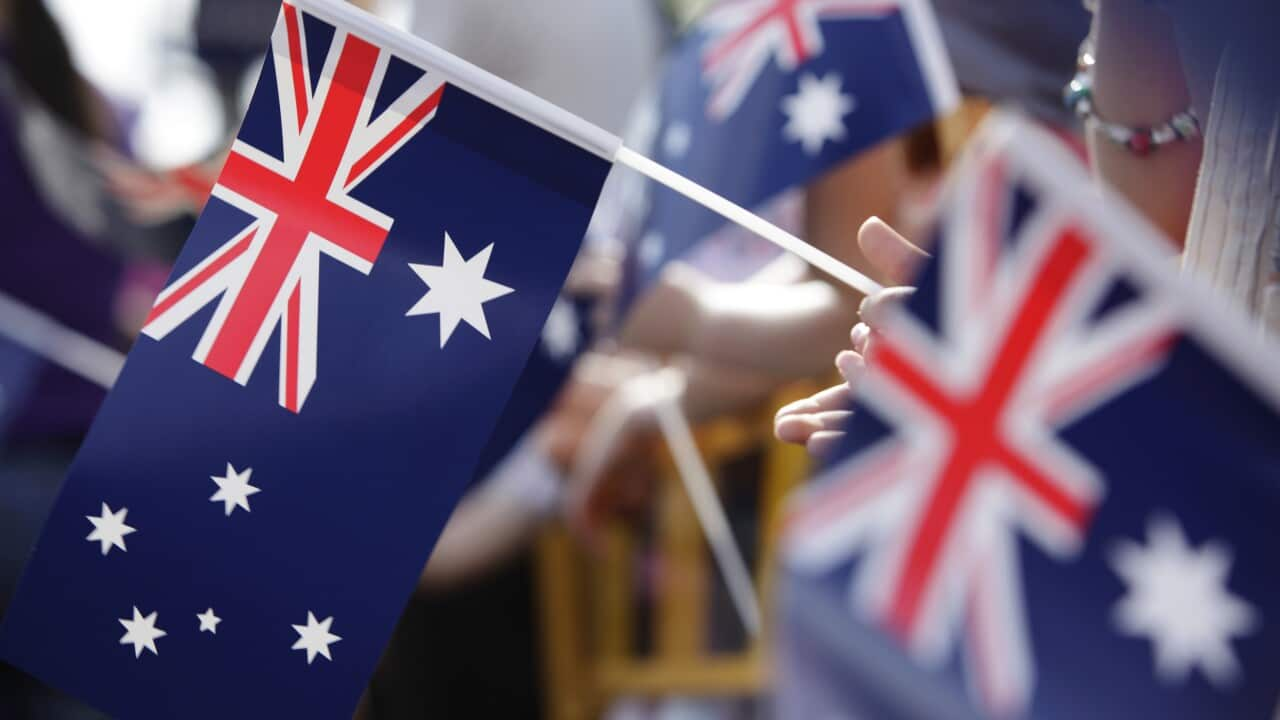All people who arrive in Australia from midnight 15 March 2020, or think may they have been in close contact with a confirmed case of coronavirus, are required to self-isolate for 14 days.
Australians can now be fined or even jailed if they don't comply with self-isolation provisions.
So what does self-isolation actually mean?
On arrival at an Australian airport, international travellers are encouraged, where possible, to use personal transport to get home to minimise their contact with others.
Once at home or at their destination, the law requires people to stay there.
Brisbane GP Wendy Burton says that means there's no walking to the shops, the park or anywhere in public and no visitors or family gatherings.
Doctor Burton says people can have food and other supplies delivered and should collect them only after the delivery person has left, "You stay home. And people, you know, if you've ordered in, then please get them to drop it at the door and knock or ring, clean your doorbell first, and then you pick it up after they've gone - so stay at home."
Listen to the podcast:
LISTEN TO

COVID-19: What does self-isolation actually mean?
SBS Hindi
17/03/202006:01
The Department of Health says if people have an outdoor space like a garden or courtyard within their property they can use it but people living in apartment buildings are asked to wear a mask while in any shared spaces.
You might also like to read:

‘I don’t want to take a chance’: Parents stop sending kids to school as COVID-19 cases rise
Public Service Announcement:
As of Tuesday afternoon, only people who have recently travelled from overseas or have been in contact with a confirmed COVID-19 case and experienced symptoms within 14 days are advised to be tested.
Coronavirus symptoms can range from mild illness to pneumonia, according to the Federal Government's website, and can include a fever, coughing, sore throat, fatigue and shortness of breath.
If you believe you may have contracted the virus, call your doctor, don’t visit, or contact the national Coronavirus Health Information Hotline on 1800 020 080.
If you are struggling to breathe or experiencing a medical emergency, call 000.
ALSO ON SBS HINDI:

Indian-Australian family diagnosed with coronavirus returns home




